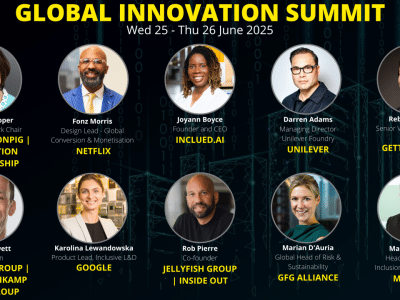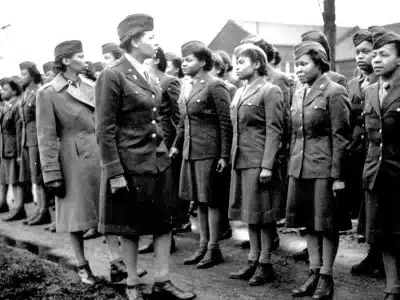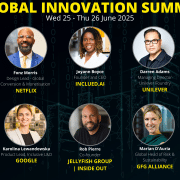In this age of unprecedented business advancement, business leaders and entrepreneurs are always on the lookout for new and innovative ideas to help their businesses stay ahead of the curve. And one trend that’s been catchy to their eyes recently, is the rise of Artificial Intelligence (AI) in the workplace. The AI revolution is gathering more pace in the workplace, opening up a new world of opportunities. This unique technology has been utilized in various industries, ranging from manufacturing and logistics, to healthcare and finance. In these organizations, AI has been seen to bolster progress via corporate Diversity, Equity, and Inclusion (DEI) initiatives. But how exactly is AI achieving this?
This technology is being leveraged at every point in the recruiting process of these organizations, starting from the onboarding to pipeline management to employee experience and engagement. Its tools collect public information from several sources so that they can access a wide variety of talent without spending long hours searching every possible source for job candidates. The talent data collected from the multitude of public sources are curated into rich profiles which increases the company’s chances of finding the right talent for open roles, including diverse talent.Let’s digress a little bit. Everyone, my friend, has some form of bias due to the society and the information he or she is surrounded with. While certain biases are easy to recognize, unconscious biases are more difficult to overcome since people are unaware of them and how they influence their attitudes toward particular groups, which can have a negative impact on inclusivity in hiring. Organizations employs the expertise of AI-powered technologies to reduce such unconscious biases by evaluating resumes based on abilities and experience, and by generating a selection of “blinded resumes”, which are devoid of candidate-identifying information. The candidate pools that result from each approach including blinded resumes, AI-evaluated resumes and regular resumes are compared and the biases that exists within each approach, are highlighted and eliminated in the early stages of hiring.
Beyond recruitment, AI fosters an inclusive culture in the workplace by addressing employee engagement, communication and accessibility. Through a collection of insightful case studies and an in-depth analysis of empirical data, it has been uncovered that AI is deployed for sentiments in several company’s communications thereby identifying and rectifying exclusionary language and behavior. This has been impactful for employees that work in their non-native language, and for neurodivergent employees that have barriers to communication.
If you remove the human factor from pay gap discussions, what’s left? Just the figures! As employees we are faced with pay disparities based on our gender, age, race and other factors that play into salary discrimination. Because of this, most employers have weighed the value that their compensation programs deliver to employees, and this has led to their adaptation of AI-powered tools to take control of salary allocations, thereby distributing fairer and more precisely calculated employee pay outs.
Today’s business leaders and entrepreneurs are taking diversity, equity and inclusion(DEI) more seriously than ever before, putting in place concrete strategies to uphold verbal commitments. Unfortunately, alot of companies still lack the necessary tools to actually achieve their DEI goals. Through artificial intelligence technologies, organizations can achieve their DEI goals faster and more efficiently. AI isn’t only the future, it’s the present! It’s time to utilize the power of this mind-blowing technology to cultivate a truly diverse and inclusive workplace.

















